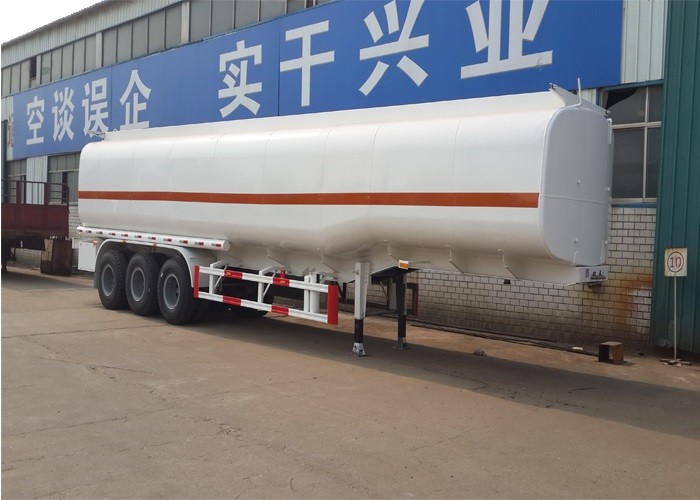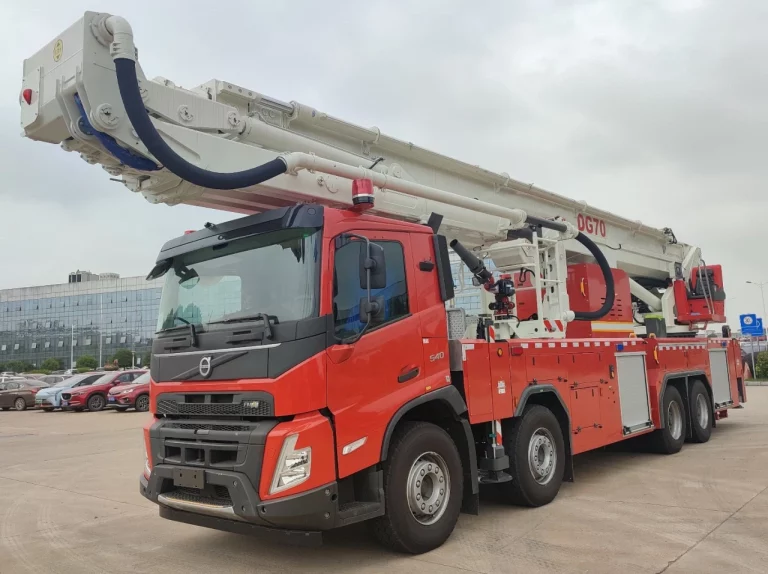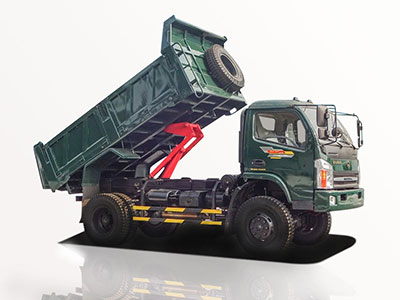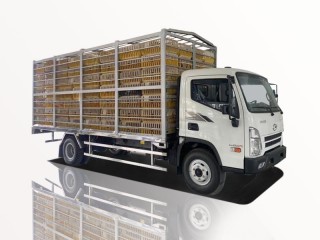The world of trucking is vast and varied, offering an array of cab units designed to meet specific needs. From construction to long-haul transportation, each type of truck cab is engineered with unique features to optimize efficiency and performance. In this article, we delve into the different types of unique truck cab units, their applications, and practical advice for choosing the right one for your needs.
Understanding Truck Cab Units
Truck cab units play a critical role in the trucking business. They serve as the operator’s command center, housing essential features required for driving and transporting goods. Various designs cater to different industries, making it imperative to understand the specifications and functionalities of each unit.
What is a Truck Cab Unit?
A truck cab unit refers to the front part of a truck that includes the driver’s seat, dashboard, and controls. This structure can vary significantly depending on its intended use, from heavy-duty work in construction to facilitating comfort in long-distance freight transport.
Types of Truck Cab Configurations
Truck cab configurations can be broadly categorized into several types:
- Day Cabs
- Sleeper Cabs
- Extended Cabs
- Flatbed Cabs
- Refrigerated Cabs
Types of Unique Truck Cabs and Their Uses
1. Day Cabs
Day cabs are designed for local deliveries, providing basic seating and controls for the driver. They lack sleeping quarters, but they are lighter and more maneuverable, making them ideal for short-haul trucking.
Key Features
- Compact Design
- Lower Weight
- Cost-effective
Use Cases
Day cabs are perfect for companies engaged in local deliveries, such as:
- Food distribution
- Construction materials
- Short delivery routes
2. Sleeper Cabs
Sleeper cabs are fitted with sleeping quarters to allow drivers to rest during long trips. These units provide comfort features such as bedding, storage, and sometimes kitchen appliances.
Key Features
- Sleeping Berths
- Refrigeration Units
- Enhanced Comfort
Use Cases
Ideal for long-haul trucking companies, sleeper cabs are commonly used in:
- Long-distance freight transport
- Multi-day routes
- Cross-country logistics
3. Extended Cabs
Extended cabs offer additional space behind the front seats for passengers or cargo. They are versatile and suitable for mixed-use applications, from personal transportation to vocational work.
Key Features
- Extra Seating
- Increased Storage Space
- Dual-Purpose Use
Use Cases
Extended cabs are commonly used in:
- Family transportation
- Construction teams that require extra passenger space
- Landscaping and utility services
4. Flatbed Cabs
Flatbed cabs provide a flat surface for transporting heavy and oversized loads, making them indispensable in several industries. Their open design allows for easy loading and unloading of materials.
Key Features
- Open Bed Design
- High Weight Capacity
- Versatile Loading Options
Use Cases
Flatbed cabs are used primarily in:
- Construction (steel, lumber, machinery)
- Agriculture (bales, equipment)
- Heavy hauls
5. Refrigerated Cabs
Refrigerated cab units are equipped with cooling systems to transport perishable goods. These trucks are crucial for businesses needing to maintain specific temperature controls during transport.
Key Features
- Insulated Bodies
- Temperature Control Systems
- Efficient Refrigeration Technology
Use Cases
Refrigerated cabs find application in:
- Food transportation (meats, dairy, fruits)
- Pharmaceuticals requiring temperature control
- Floral deliveries
6. Specialized Truck Cabs
Specialized truck cabs are designed for niche industries with unique requirements. These might include tankers, tow trucks, or mobile workshops.
Key Features
- Custom Designs
- Specialized Equipment
- Industry-specific Configurations
Use Cases
Use cases include:
- Fuel and liquid transport (tankers)
- Vehicle recovery (tow trucks)
- Field service applications (mobile workshops)
Choosing the Right Truck Cab for Your Needs
Assess Your Operational Requirements
To choose the right truck cab, start by assessing the nature of your operations:
- What distances will you be covering?
- What types of loads will you be transporting?
- Do you require special features, such as refrigeration or extra seating?
Evaluate Cost-Effectiveness
Consider the purchase and maintenance costs of the truck cab type. Some designs may be more expensive initially but offer long-term savings due to efficiency and durability.
Test Drive Different Units
Always take the time to test drive the truck cab units you are considering. This will give you a feel for the comfort, visibility, and handling of each type.
Examine Industry Standards and Regulations
Familiarize yourself with any industry standards or regulations that might affect your choice. For instance, transport of hazardous materials will require specific cab features.
Consider Resale Value
When investing in a truck cab unit, keep in mind its potential resale value. Certain models retain their value better than others due to brand reputation and demand.
Maintenance Tips for Truck Cab Units
Regular Inspections
Regular inspections are vital for ensuring the longevity of your truck cab unit. Check for any signs of wear and tear, including:
- Brakes
- Lights
- Tires
- Fluid levels
Keep it Clean
A clean truck cab not only looks good but also helps in identifying potential problems early on. Establish a routine for cleaning both the interior and exterior of your truck.
Service Your Truck Regularly
Follow the manufacturer’s recommended maintenance schedule. Regular service helps catch issues early and keeps your truck operating efficiently.
Invest in Quality Parts
When the time comes for repairs, always opt for quality parts over cheaper alternatives. This investment can save you money in the long run by reducing the need for frequent repairs.
Frequently Asked Questions (FAQs)
1. What truck cab is best for long-distance hauling?
Sleeper cabs are best for long-distance hauling because they provide the necessary sleeping accommodations and comfort for the driver.
2. Can I personalize my truck cab?
Yes, many manufacturers offer customization options, allowing you to choose the features and designs that best suit your needs.
3. Are day cabs suitable for hauling heavy loads?
While day cabs can handle moderate loads, for heavy-duty hauling, it’s advisable to choose a more robust option like a sleeper or flatbed cab.
4. How can I improve the performance of my truck cab?
Regular maintenance, high-quality parts, and ensuring proper weight distribution can significantly improve the performance of your truck cab.
5. What factors influence the resale value of a truck cab?
Factors include the brand, model, condition, mileage, and overall market demand for that type of truck.
6. Which truck cab is most fuel-efficient?
Generally, day cabs tend to offer better fuel efficiency due to their lighter weight compared to sleeper or extended cab units.



